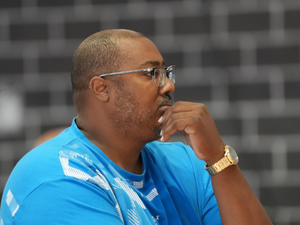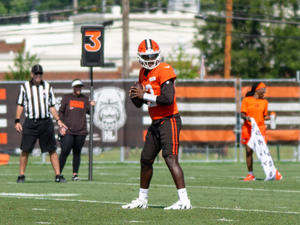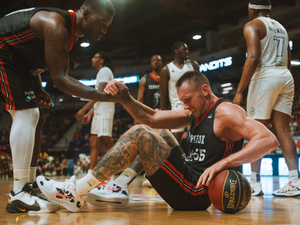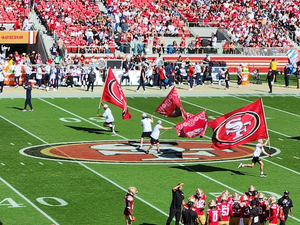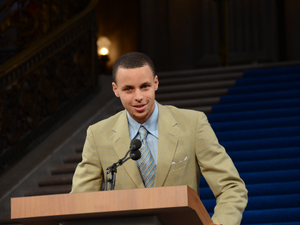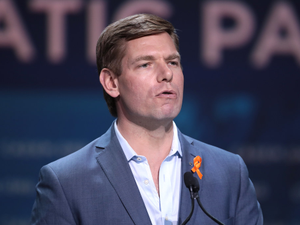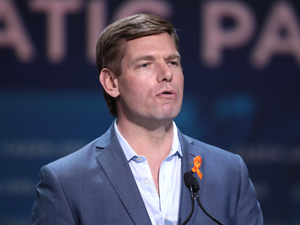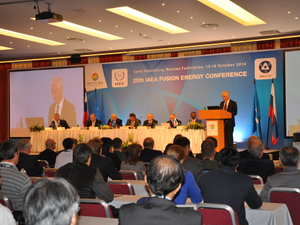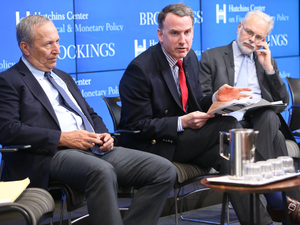Soccer Drama: La Liga's Miami Game Sparks Player Protest

Photo by Andy Holmes on Unsplash
The world of soccer is heating up with tension as La Liga players launch a symbolic protest against the league’s decision to stage a regular season game in Miami. Players across Spanish top-flight teams are taking a stand, expressing their frustration with what they see as a lack of transparency and dialogue from league officials.
The protest, coordinated by the Spanish soccer players’ union, involves a brief pause at the start of matches during the ninth round of play. Team captains from all 20 top-flight clubs have unanimously agreed to participate, highlighting the widespread discontent among players.
Barcelona’s coach Hansi Flick and players have been particularly vocal about their displeasure. “My players are not happy, I am not happy, but La Liga decided that we will play this game,” Flick stated candidly at a press conference. Midfielder Frenkie de Jong echoed these sentiments, criticizing the additional travel and strain on an already packed playing schedule.
La Liga president Javier Tebas defends the international match as a strategic move to boost revenue and increase the league’s television rights value. The league plans to charter planes to bring 2,000 to 3,000 fans from Villarreal to Miami, where the game will be held at the Hard Rock Stadium.
If successful, this would mark the first time a major European league hosts a regular season game outside its home country. Barcelona and Villarreal are set to face off on December 20th, with the match representing a potential milestone in international soccer marketing.
The controversy highlights the ongoing tension between commercial interests and player welfare in modern soccer. While league officials see the Miami game as an opportunity to expand global reach, players view it as an unnecessary disruption to their already demanding season.
As the soccer world watches closely, this protest signals a significant moment of player solidarity and pushback against league decisions that prioritize financial gains over athlete concerns.
AUTHOR: kg
SOURCE: AP News



